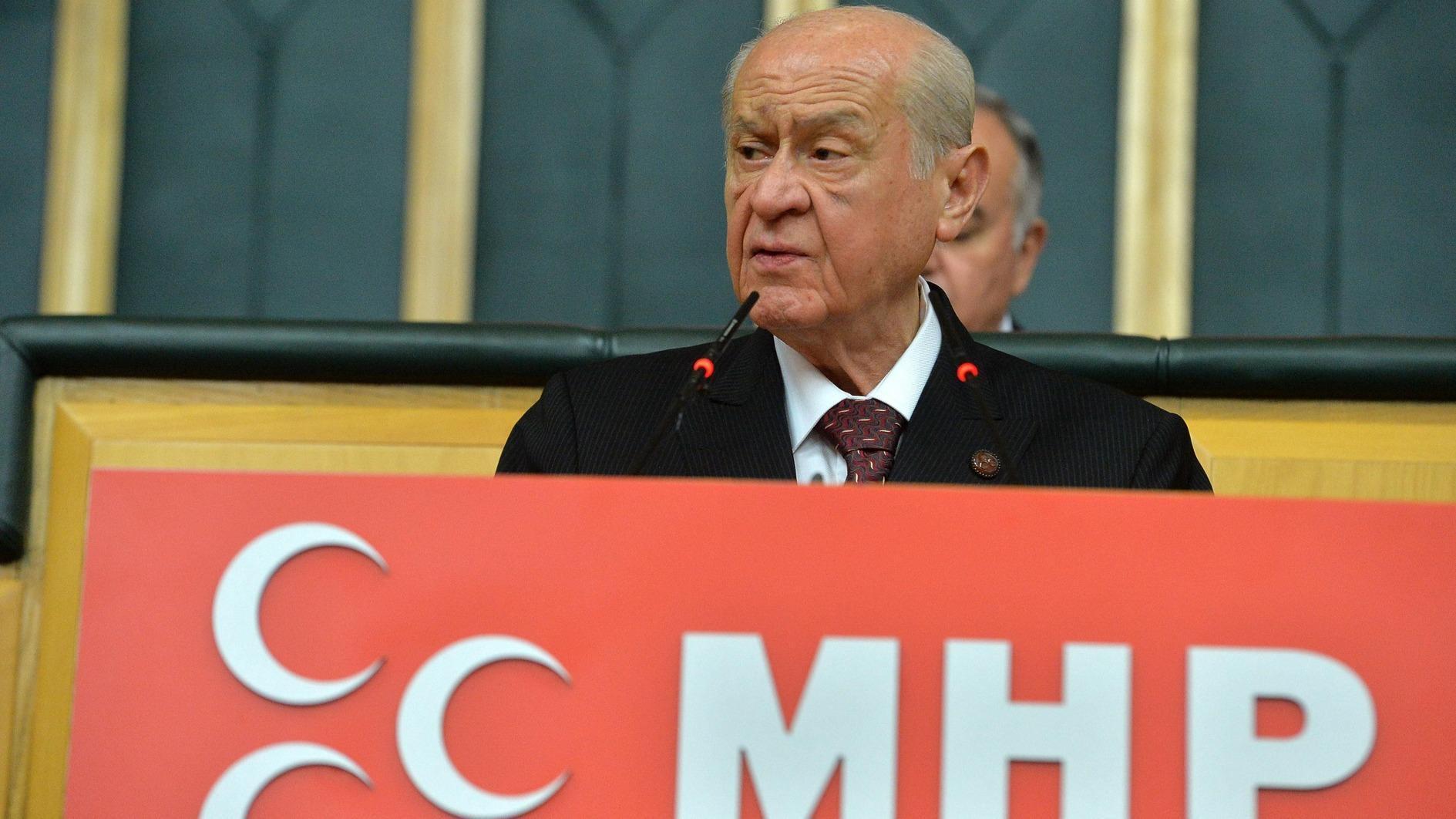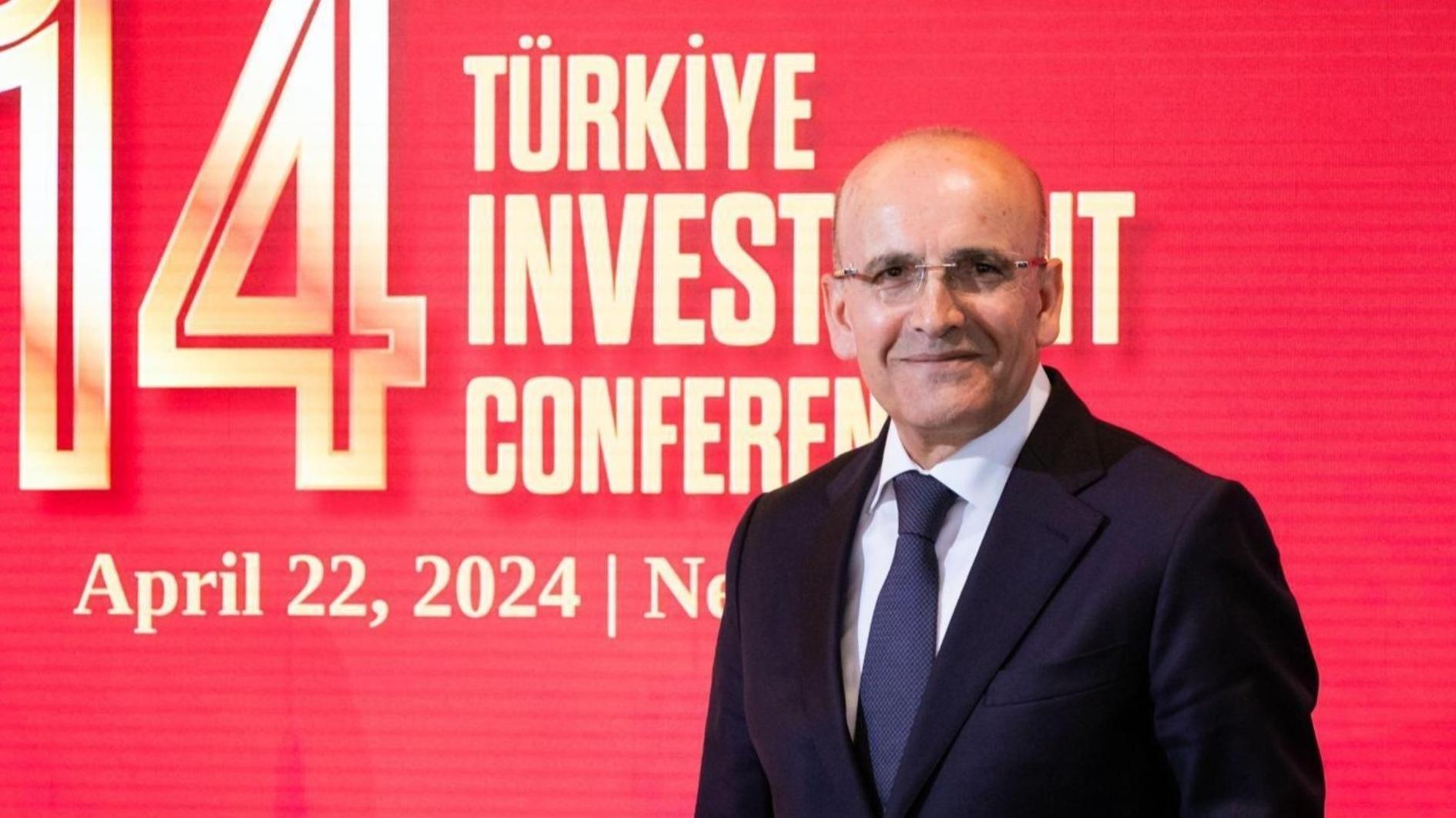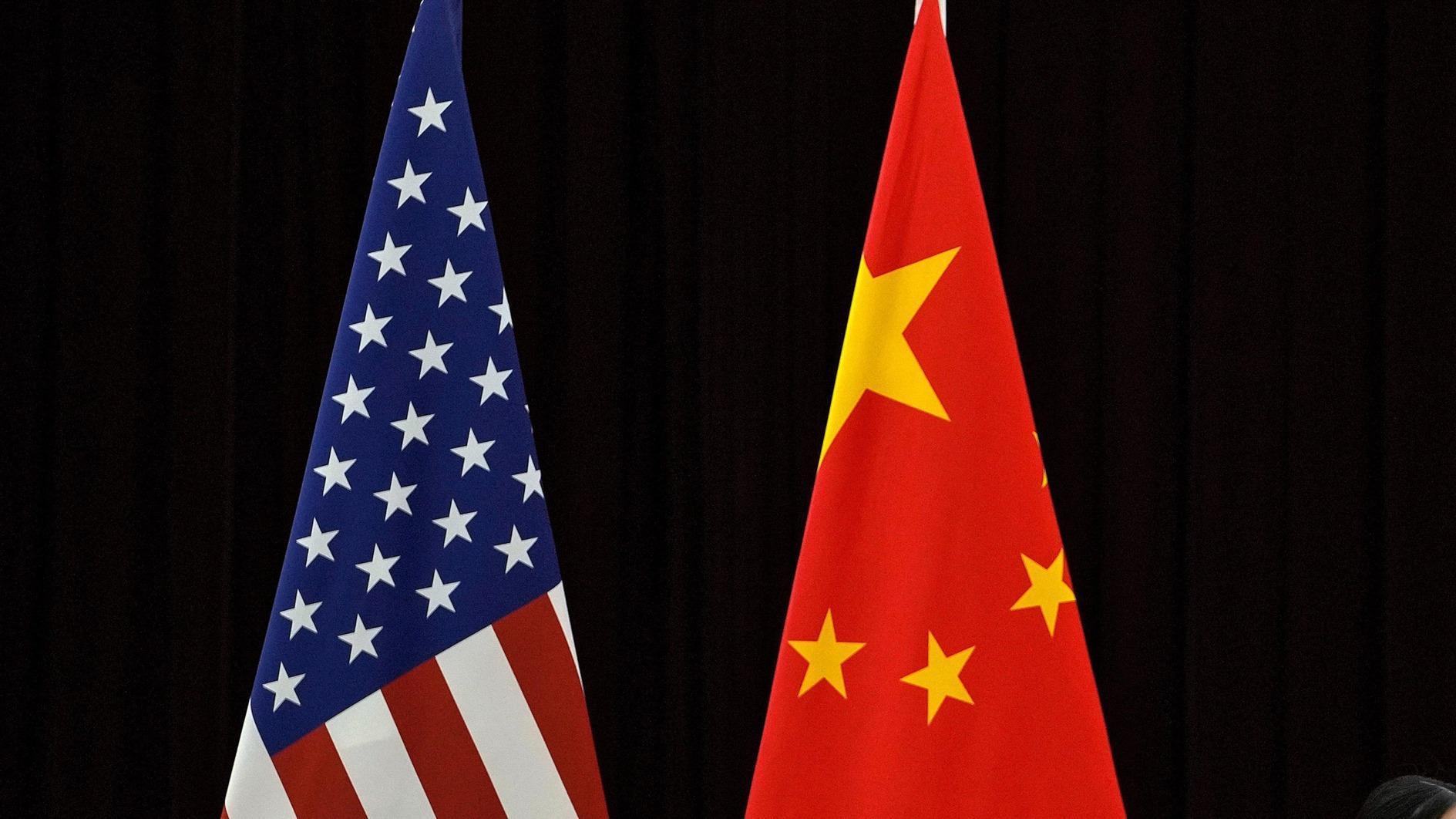The painful and pathetic fall of the EU
SOPHIE QUINTIN ADALI
History has taught us that the fall of empires is a confused and messy affair. Characterized by European Commission President Manuel Barroso as a “non-imperial empire,” the Nobel Prize-winning EU is declining faster than acronyms for new undemocratic rescue mechanisms can be conjured up by its technocratic governance. Things are getting uglier by the day.Not that you would realize it listening to the speeches of its bureaucrats, always rising to the occasion when preaching Europe’s cherished values to the rest of the world, nor do you get a sense of urgency watching debates at the redundant European Parliament, where deputies extol the virtues of accountability and transparency only to fail to apply them fully in their own institution.
With the hullabaloo of celebrations, the builders of the “force for good” imposing austerity on its southern periphery will now find new vigor to impose their will on member states for a 6 percent EU budget increase. “Certified” peace-creating eurocrats will feel more confident about the prospect of continuing to enjoy the agreeable lightness of an austerity-free existence.
In their virtual world, the visit of a German Chancellor to Athens should be a routine affair. In real Europe, the Greek government thought it best to deploy 7,000 police officers to protect Merkel. After years of profligacy, a festive period when European leaders chose to ignore Greek politicians’ lies, Hellenic democracy is on the verge of implosion. There is now routinely more police violence on the streets of Athens than in Moscow during anti-Putin protests. A staggering 58 percent of Greek youths are unemployed.
The situation has also taken a turn for the worse in Spain, where the brutal handling of anti-austerity protesters has awakened the ghosts of its authoritarian past. Spaniards are choosing to leave this most advanced socio-democratic experiment to seek opportunities in Argentina’s struggling economy.
France has been turned into a fiscal hell by a government faking austerity.
Europe is trapped by the unsustainable cost of its welfare model. Its failure to deliver prosperity is crushing the hopes of millions. Poverty is rising, and in its shadow, right and left wing extremisms are gaining ground. The EU flag is burnt by angry citizens.
Déjà vu? It is worth recalling that the welfare system created by Bismarck in the 1880s did not free people, but made them more dependent on the state. In his latest book “After The Welfare State,” American libertarian academic Tom Palmer reminds us that “it was the collapse in the 1930s of the over-extended welfare state of the Weimar Republic that ushered in dictatorship, war, and the most predatory and vicious welfare state the world has ever seen, the Third Reich.”
Greece’s deepening socio-economic debacle has propelled a fascist party into Parliament. Emotions run high and the pain is deep. For University of Athens professor Aristides Hatzis, “the Greek tragedy is the tragedy of the welfare state.” But the tragedy of the Greek tragedy is that the incremental establishment of a super EU welfare state has contributed to the non-resolution of its inherent problems. The emergency austerity medicine imposed by the Troika is proving to be too much too late for a society addicted to public funds and debt.
If awarding the Nobel Peace Prize to the EU was meant as a political gesture to encourage more integration, it is totally unhelpful.











